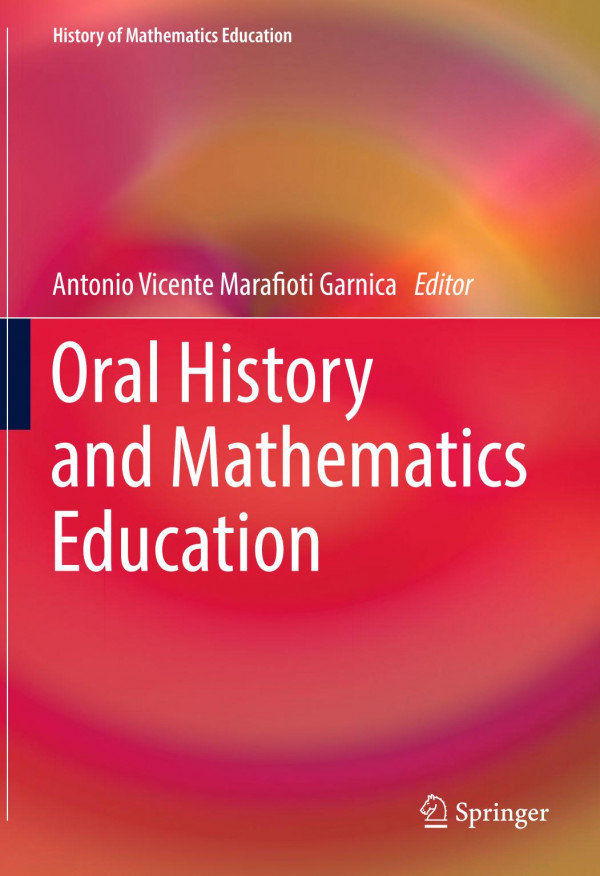

Most ebook files are in PDF format, so you can easily read them using various software such as Foxit Reader or directly on the Google Chrome browser.
Some ebook files are released by publishers in other formats such as .awz, .mobi, .epub, .fb2, etc. You may need to install specific software to read these formats on mobile/PC, such as Calibre.
Please read the tutorial at this link: https://ebookbell.com/faq
We offer FREE conversion to the popular formats you request; however, this may take some time. Therefore, right after payment, please email us, and we will try to provide the service as quickly as possible.
For some exceptional file formats or broken links (if any), please refrain from opening any disputes. Instead, email us first, and we will try to assist within a maximum of 6 hours.
EbookBell Team

5.0
28 reviewsThis book presents an innovative method to investigate the history of mathematics education using oral narratives to study different aspects related to the teaching and learning of mathematics. The application of oral history in mathematics education research was first developed as a method in Brazil in the early 2000s as a result of interdisciplinary dialogues between mathematics educators, anthropologists, sociologists, historians, psychologists, artists and philosophers. Since then, this new methodology has attracted the attention of a growing number of researchers. This contributed volume is the first book in English to bring together chapters written by different members of the research group who developed the methodology and to present a comprehensive overview of the theoretical and practical aspects of the use of oral narratives in the study of experiences in mathematics classrooms.
Oral History and Mathematics Education will be a useful tool to researchers and educators looking for new methods to study the dynamics of teaching and learning mathematics in the classroom and to develop innovative mathematics teacher education programs. The volume will also be of interest to historians of education since it describes the foundations of both concepts and procedures related to the application of oral history in educational research, always giving examples of studies already conducted and, whenever possible, suggesting possible research exercises.